Burnout Revenge:
The Toxic Cycle of Overcompensation

- Have you ever felt the overwhelming urge to prove yourself right after experiencing burnout?
- You push harder, work longer hours, and strive for unattainable goals;
“Only to find yourself back in the same cycle of exhaustion.”
- This phenomenon is called burnout revenge.
- It’s more damaging than you might think.
- In this blog, we’ll uncover:
- What is burnout revenge? Why did it happen
- ?
- How can you break free from this self-sabotaging pattern?
What is Burnout Revenge?
- Burnout acts of revenge refer to the tendency of individuals to retaliate against their previous state of exhaustion by overcompensating with excessive productivity.
- Instead of allowing themselves to recover, they:
- Double down on work to prove their worth
- Fearing they have fallen behind.
Common Signs of Burnout Revenge
- Ignoring self-care and pushing harder than before
- Feeling guilty about taking breaks
- Comparing yourself to more ‘productive’ people
- Feeling resentment towards your past burnout
- Experiencing cycles of exhaustion and temporary high performance
Why Do We Experience Burnout Revenge?
- Burnout acts of revenge is often fueled by societal and workplace pressures.
- Employees and entrepreneurs alike fear being seen as ‘weak’ for taking a step back.
- The pressure to keep up can lead to chronic stress, anxiety, and even physical health issues.
The Dangerous Cycle of Burnout Revenge
When you overwork yourself after burnout, your body and mind don’t have time to heal. This creates a damaging loop:
- Burnout: You experience extreme fatigue from overworking.
- Overcompensation: You feel guilty and push harder.
- Temporary High Performance: You might see short-term success.
- Crash: You burn out again, sometimes worse than before.
This cycle is unhealthy and counterproductive. The key to true recovery is balance.
How to Break Free from Burnout Revenge
1. Acknowledge the Pattern
- Recognizing that you are engaging in burnout revenge is the first step.
- Reflect on whether you are working excessively due to fear of being unproductive.
2. Prioritize True Recovery
- Healing from burnout requires intentional rest.
- Instead of using productivity as revenges, embrace sustainable self-care routines.
3. Set Boundaries
- Define clear work-life boundaries.
- Stop answering emails after work hours, and respect your time.
4. Reframe Productivity
- Understand that rest is productive.
- Overworking without rest leads to decreased efficiency over time.
5. Seek Support
- Navigate your emotions and restructure your work habits.
- Talking to a therapist, coach, or mentor can be helpful.
Faith in God: A Spiritual Approach to Overcoming Burnout Revenge

- A powerful antidote to burnout acts of revenge is;
“Faith in God.”
- When people feel the urge to overcompensate after burnout, it often stems from:
- Fear
- Insecurity
- Need for external validation.
- However, faith shifts;
“The focus from self-reliance to divine guidance.”
- Rather than forcing themselves into relentless work;
Faith allows individuals to trust in God’s:
- Timing
- Purpose
- Provision
How Faith in God Helps Minimize Burnout Revenges:
- Letting Go of Control
Trusting God means understanding that;
Your worth is not tied to productivity but to His love and purpose for you.
- Finding Peace in Rest
Faith encourages sabbath rest;
Reminding you that rest is not laziness but a necessary part of a balanced life.
- Shifting Perspective
Instead of seeking revenge on burnout by overworking,
Faith helps you find meaning in trials and
Embrace challenges as opportunities for growth.
- Emotional and Spiritual Healing
Through prayer, meditation, and scripture, faith nurtures emotional resilience, reducing stress and self-inflicted pressure.
- Community Support
Faith connects you to a supportive spiritual community,
Where encouragement, shared wisdom, and prayers provide strength.
- By placing trust in God’s plan, individuals can cultivate a healthier, more balanced life;
Free from the damaging cycle of burnout revenge.
Conclusion: Heal Instead of Retaliate
- Burnout revenge may feel like the right response to exhaustion;
But in reality, it’s a self-defeating trap.
- Instead of pushing harder, take a step back and focus on sustainable well-being.
- Your productivity will improve when you work smarter, not harder.
FAQs About Burnout: acts of revenge
How long does it take to recover from burnout?
- Recovery varies for everyone, but work can speed up the process while taking:
- Intentional breaks
- Prioritizing self-care, and
- Gradually reintroducing
Can burnout revenge lead to depression?
Yes,
- If not addressed, the prolonged stress and overworking can contribute to:
- Anxiety
- Depression
How do I balance ambition without falling into burnout revenge?
Rather than short bursts of extreme productivity
- Set realistic goals,
- Listen to your body
- Focus on long-term well-being
Is burnout revenge common in remote workers?
Yes,
- Remote workers often feel the need to prove their productivity.
- Leading to overcompensation.
How does faith help in overcoming burnout?
- Faith in God’s plan;
- Fosters trust
- Reduces stress
- Promotes rest
- Provides spiritual strength
- Breaks the cycle of burnout revenge
- Are you caught in the cycle of burnout and acts of revenge?
- Take the first step towards true recovery today.
- Share your experience in the comments
Explore our Mental Health Resources to find balance and well-being.







